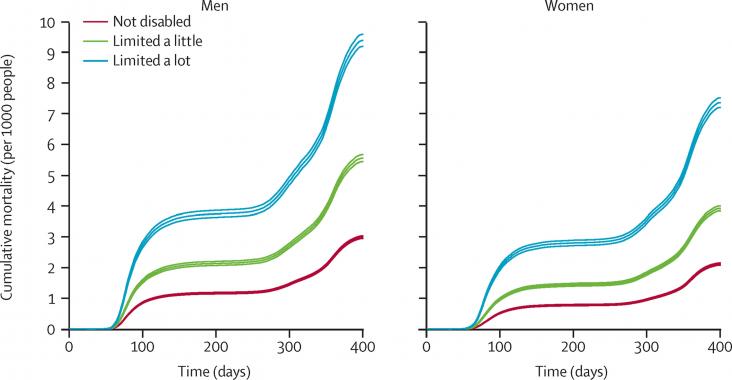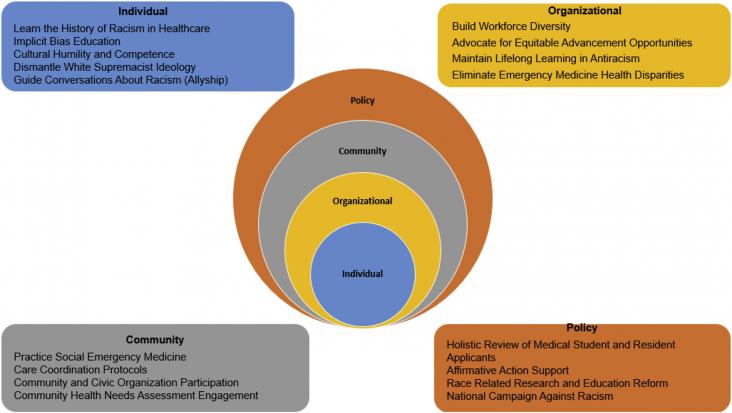Ethnic-racial socialization is a mechanism through which immigrant parents instill in their children a sense of pride in their culture while preparing them for negative experiences with racial and cul
The concept of “Smart City” has been proposed by governments, the business community, advocacy groups, and research institutions as a means to solve common urban problems and improve the quality of

Background: People with learning disabilities are at substantially increased risk of COVID-19 mortality, but evidence on risks of COVID-19 mortality for disabled people more generally is limited.
Looks at the mental health of the Black community in the USA in response to police brutality. Ties to reduced inequalities, peace and justice, good health and wellbeing for all.
As both COVID-19 and climate change crises converged and even contributed to each other, a much older crisis reemerged: structural racism and the policy stagnation that refuses to address it.
Background: Many states in the United States (US) have introduced barriers to impede voting among individuals from socio-economically disadvantaged groups.
Both short-term and chronic exposure to fine particulate matter air pollution (PM2.5) are known to cause a host of adverse health outcomes, including premature death. This paper will review sources, health impacts and health inequities associated with PM2.5, and will frame PM2.5 as both a social and structural determinant of health.
This Article supports SDGs 3 and 10 by showing substantial differences in the age-standardised mortality rate due to police violence over time and by racial and ethnic groups within the USA.
This Viewpoint supports SDGs 3 and 10 by discussing how common practices in academic global health are peppered with epistemic wrongs that lead to or exacerbate epistemic injustice; for example, members of the global heath community often witness a cycle in which researchers assume that locals in marginalised areas and members of marginalised groups do not have the capacity to contribute to research, and thereby bypass such people's participation.

